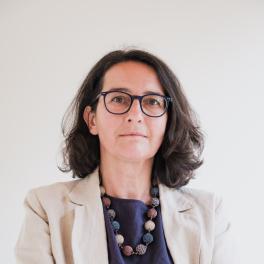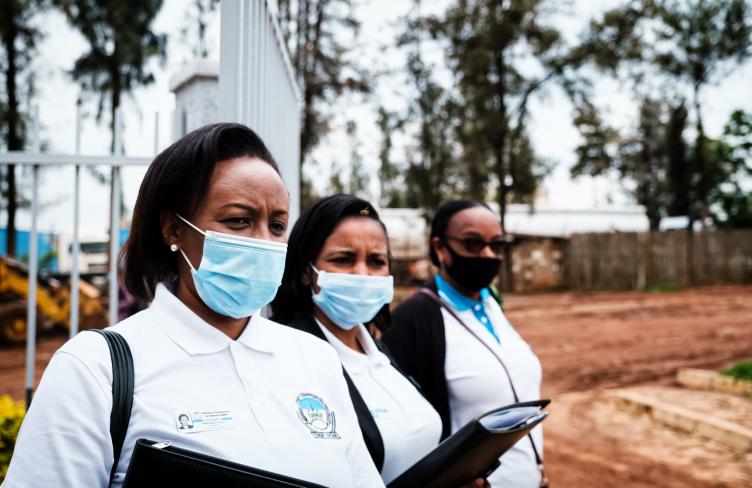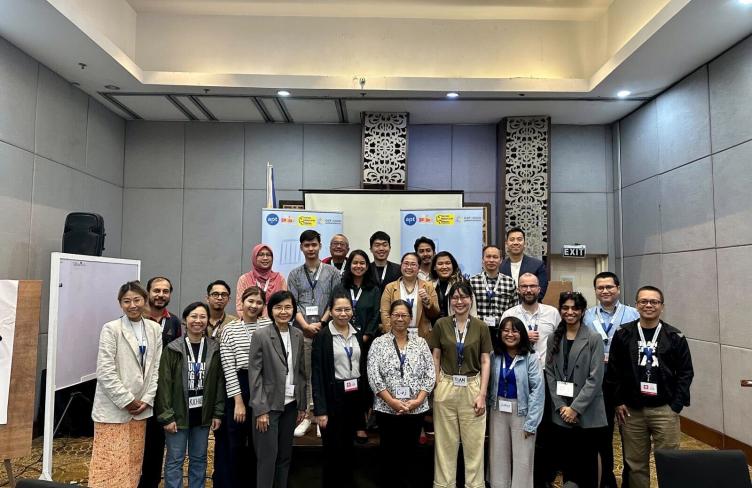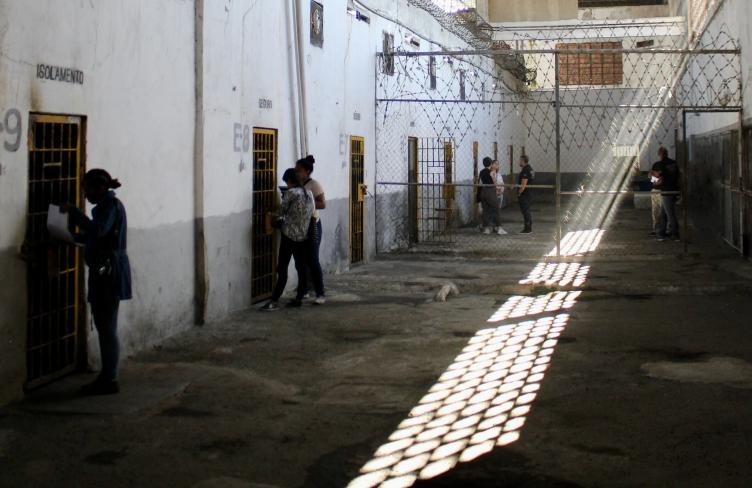
National Preventive Mechanisms (NPMs) and Civil Society Organisations (CSOs) from 30 countries met in Milan on 3-4 December to share experiences and discuss joint strategies to better protect persons held in immigration detention in the OSCE region.
Co-organised by the APT and OSCE Office for Democratic Institutions and Human Rights (OSCE/ODIHR), the two-day meeting enabled 26 NPMs and 21 CSOs to exchange views, share good practices and discuss strategies on how to prevent torture and other ill-treatment in immigration detention. They were joined in this reflection by the United Nations Special Rapporteur on Torture, the United Nations Subcommittee on Prevention of Torture (SPT), and the European Committee for the Prevention of Torture (CPT).
The meeting explored key issues such as the legality of immigration detention, ending the detention of migrant children, forced returns, and access to rights and procedures as well as adequate healthcare and social services.
Participants discussed how to effectively advocate for change in these areas, notably by thoroughly monitoring immigration detention and increasing cooperation between civil society and monitoring bodies. Participants also exchanged on the practicality of their cooperation and the need not only to interact but also to strengthen each other’s mandates through active cooperation, notably when it comes to access to persons, places and information related to immigration detention.
“The effective prevention of torture and other ill-treatmentin the context of the administrative detention of migrants, requires a comprehensive approach, including collaboration between all actors in the field of monitoring,” said Omer Fisher, Head of the ODIHR Human Rights Department. “Building on our previous work with NPMs in the OSCE region, the discussion of experiences, challenges and good practices between NPMs and their national NGO counterparts will strengthen their respective missions and help better prevent torture and ill-treatment.”
"Migrants often find themselves in extreme situations of vulnerability,” said APT Secretary General Barbara Bernath. "By strengthening their cooperation, NPMs and CSO can improve the protection of migrants in detention and hold States accountable for their recent commitment to ‘use migration detention only as a measure of last resort, and work towards alternatives,’ as expressed in the Global Compact for Safe, Orderly and Regular Migration."
Opening session with APT Europe and Central Asia Officer, Eva Csergö, APT Secretary General, Barbara Bernath and ODIHR Head of Human Rights Department, Omer Fisher and APT Secretary General.
Panel discussion with, from left to right: Stephanie Selg, OSCE/ODIHR; Mykola Gnatovskyy, President, European Committee for the Prevention of Torture (CPT); Nils Melzer, UN Special Rapporteur on Torture; Mushegh Yekmalyan, Co-Chair of the Torture Prevention Working Group of the Civic Solidarity Platform; and Massimiliano Bagaglini, Head of Unit Migrants and deprivation of liberty, Italian NPM (Office of the National Guarantor for the rights of persons detained or deprived of liberty)



